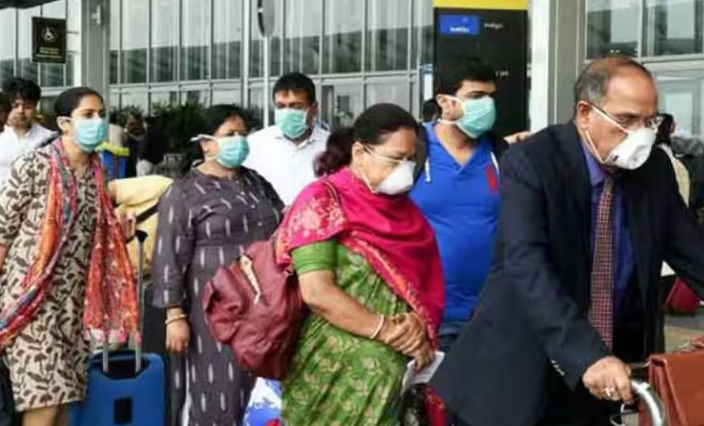In response to the first confirmed case of Mpox (formerly known as Monkeypox) in India, Kempegowda International Airport (KIA) in Bengaluru has significantly ramped up its health protocols. This decisive action comes after a case was reported in Delhi earlier this week, prompting a swift and comprehensive response to contain the virus.
To safeguard public health, KIA has introduced a mandatory testing regime for all international passengers arriving at the airport. Four dedicated testing kiosks have been established to handle the surge of screenings, with approximately 2,000 passengers undergoing tests daily. This initiative reflects the airport’s commitment to adhering to stringent health guidelines set forth by national and international health authorities.
A designated officer has been assigned to oversee the efficiency of the screening, testing, and tracking processes. An isolation zone has been set up within the airport premises to manage suspected Mpox cases promptly. The zone ensures that any potential infections are contained effectively, minimising the risk of a wider outbreak. Particular emphasis is being placed on passengers arriving from regions with known Mpox prevalence, notably several African countries. Travellers who test positive for the virus will be immediately isolated and will undergo a mandatory 21-day quarantine, mirroring the rigorous procedures observed during the Covid-19 pandemic. Following treatment, these individuals will be subject to re-testing, and only after being declared free of the virus will they be permitted to leave quarantine.
The stringent measures at Bengaluru Airport highlight the serious approach being taken to control the spread of Mpox. As global concerns over the virus escalate, the response at KIA underscores the airport’s role in the broader public health framework aimed at managing and preventing infectious diseases. The proactive steps taken by Bengaluru’s airport authorities illustrate a preparedness to tackle emerging health threats while ensuring the safety and well-being of both travellers and the broader community.


